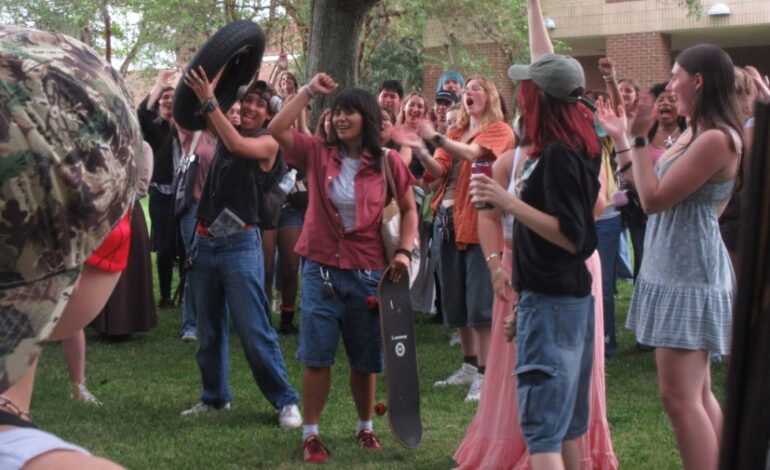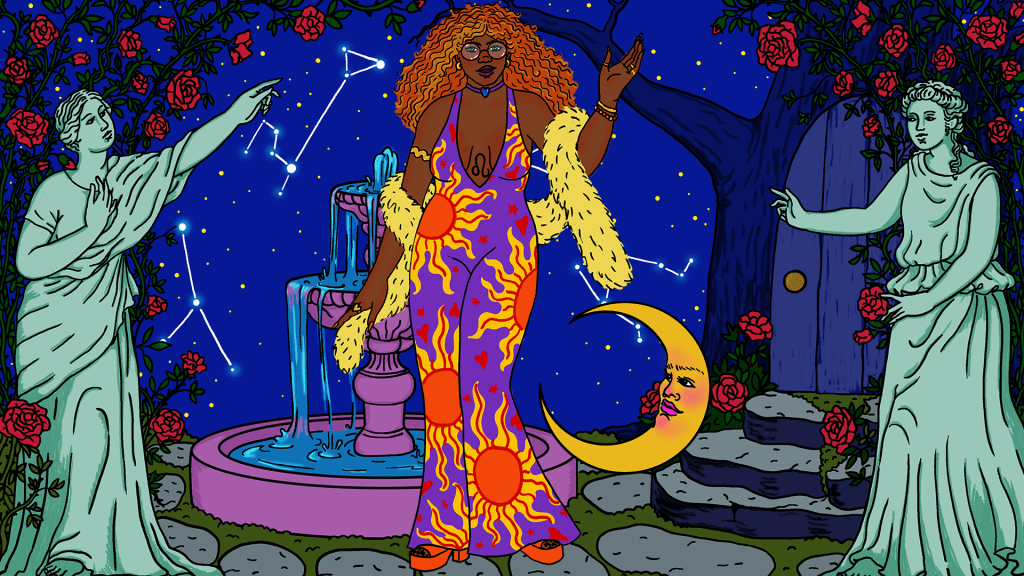College Campuses Embrace ‘Performative Male’ Contests Nationwide

Across college campuses in the United States, a unique trend has emerged: contests titled “performative male.” These competitions invite participants, both male and female, to embody specific characteristics associated with a stereotypical male persona. Participants arrive equipped with tote bags, wired earbuds, and matcha lattes, showcasing a blend of humor and social commentary in their performances.
The concept of the “performative male” contest revolves around the parody of certain beliefs and interests typically attributed to men. This cultural phenomenon reflects broader societal discussions about gender roles and expectations. Contestants aim to imitate various male archetypes, often exaggerating traits such as confidence, competitiveness, and consumer habits.
Emerging Popularity Across Campuses
The popularity of these contests has surged in recent months, with multiple universities hosting their own versions. The competitions attract a diverse range of participants, including students from different backgrounds and fields of study. The events often foster a sense of community and creativity, as students engage in playful critiques of traditional masculinity.
According to reports from various campuses, participation in these contests has grown significantly since the beginning of 2023. The lighthearted nature of the events allows students to explore gender norms while promoting inclusivity and self-expression. Notably, the contests have sparked discussions about masculinity and its evolving definitions in contemporary society.
Impact and Reception
Reactions to the “performative male” contests have varied. Supporters argue that these competitions encourage critical thinking about gender stereotypes and create a safe space for students to express their views. Critics, however, caution that such events may inadvertently reinforce stereotypes rather than challenge them.
The contests also serve as a platform for social interaction, with many students forming connections through their shared experiences. The combination of humor and social critique resonates with a generation increasingly concerned with issues of identity and representation.
In conclusion, the rise of “performative male” contests across college campuses highlights the ongoing conversation surrounding masculinity and gender roles. As students continue to engage with these themes through creative expression, the impact of such contests may extend beyond the campus, influencing broader societal perspectives.






